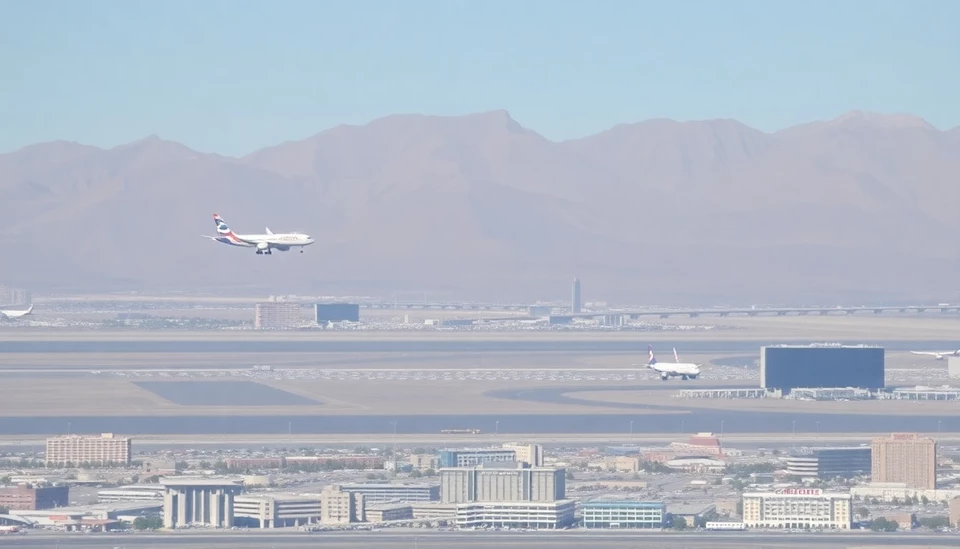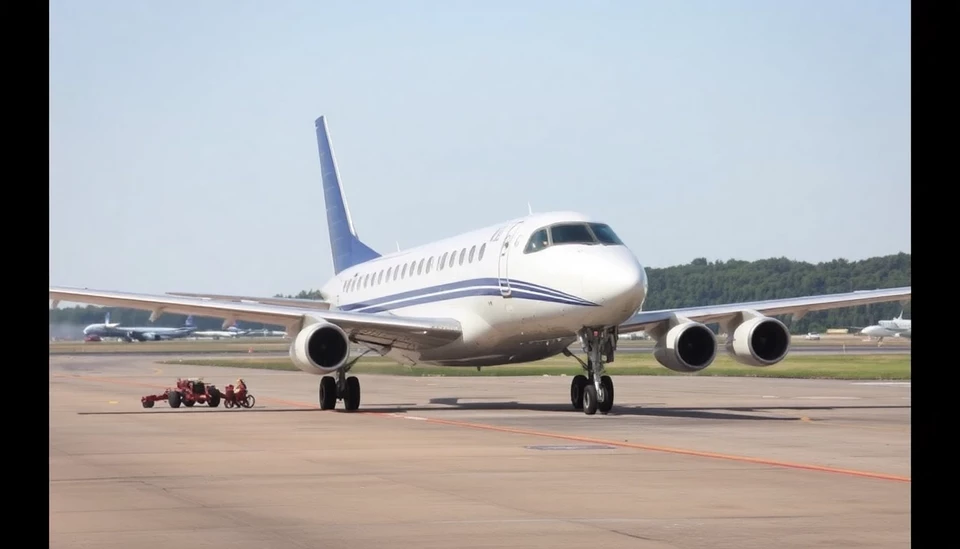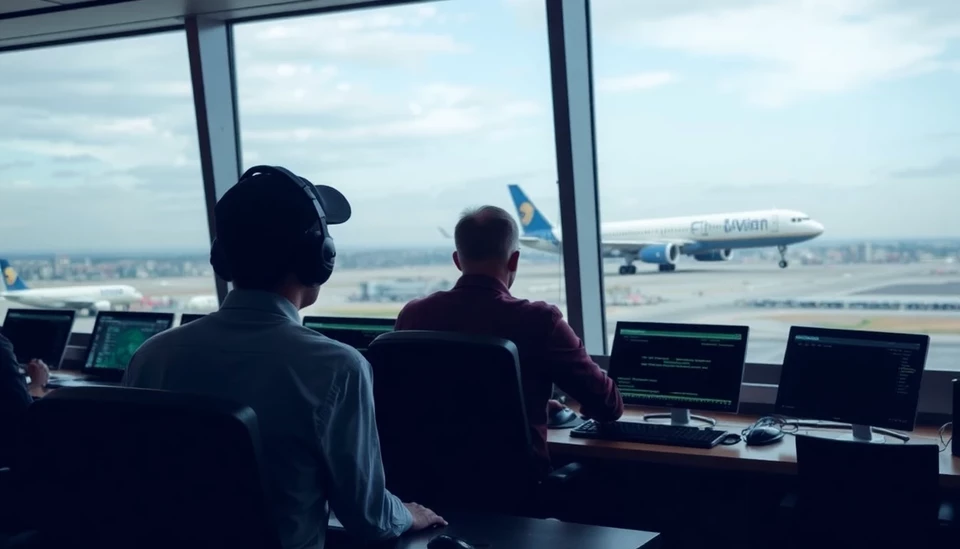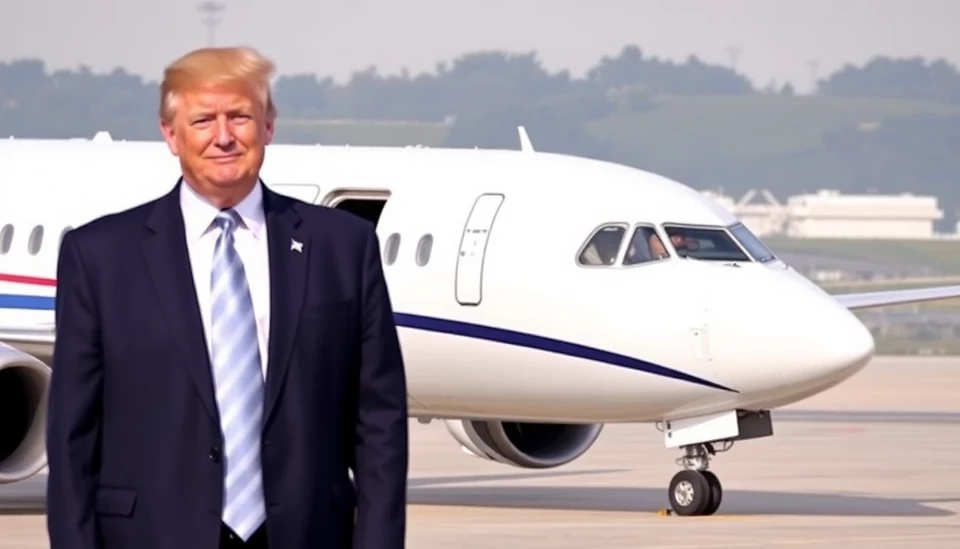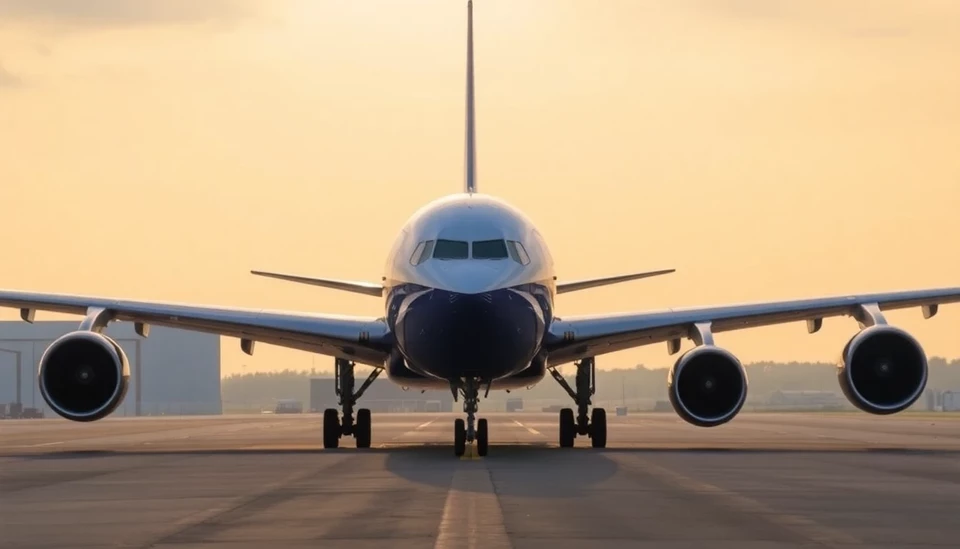
In a significant development concerning aviation safety, the Federal Aviation Administration (FAA) has announced the initiation of a new review process focused on Boeing. This decision comes in response to heightened scrutiny from the U.S. government, which has been advocating for more stringent safety measures and actions following a spate of incidents related to Boeing aircraft.
The FAA's move is particularly timely as ongoing investigations have raised concerns regarding Boeing's compliance with safety regulations. Reports suggest that some of Boeing's aircraft have encountered issues that could potentially affect flight safety, prompting a reassessment of the company's operational and manufacturing practices.
Government officials have emphasized the need for the FAA to take a proactive stance in ensuring that all necessary measures are taken to guarantee passenger safety in the wake of recent aircraft anomalies. This review is expected to cover various aspects of Boeing's operations, including its quality control procedures, adherence to safety guidelines, and the overall integrity of its aircraft designs.
In past years, Boeing has faced considerable scrutiny following high-profile incidents, including the tragic crashes of the 737 MAX that resulted in multiple fatalities. These incidents have raised questions not only about the safety of Boeing's aircraft but also about the regulatory framework overseeing the aviation industry in the United States.
The FAA's renewed evaluation of Boeing is emblematic of a broader shift in regulatory philosophy, aiming to enhance safety protocols and restore public confidence in a brand that has been at the forefront of both innovation and controversy. As the FAA embarks on this review, it will be crucial to see how it balances regulatory oversight with the need to allow Boeing to operate efficiently in the competitive aviation market.
In light of these developments, stakeholders in the aviation industry, including airlines, pilots, and Airbus—Boeing's main competitor—are closely monitoring the situation. The implications of this review could have far-reaching effects on not only Boeing's market position but also on future regulatory changes that may arise from this increased scrutiny.
As the FAA prepares to undertake this comprehensive review, industry experts are expressing cautious optimism that the findings will lead to meaningful improvements in safety and regulatory practices within aviation. It remains to be seen how long this process will take and what specific measures will be implemented as a result of the findings.
The stakes are high, and the outcome of this review may redefine not just Boeing’s operational strategies but also set new benchmarks for safety standards across the aviation industry.
As this story develops, aviation enthusiasts and the general public alike are eagerly awaiting updates on the FAA’s findings and the subsequent actions that Boeing may be required to adopt.
#FAA #Boeing #AviationSafety #RegulatoryReview #737MAX #AircraftSafety #GovernmentAction #AviationNews
Author: Samuel Brooks
